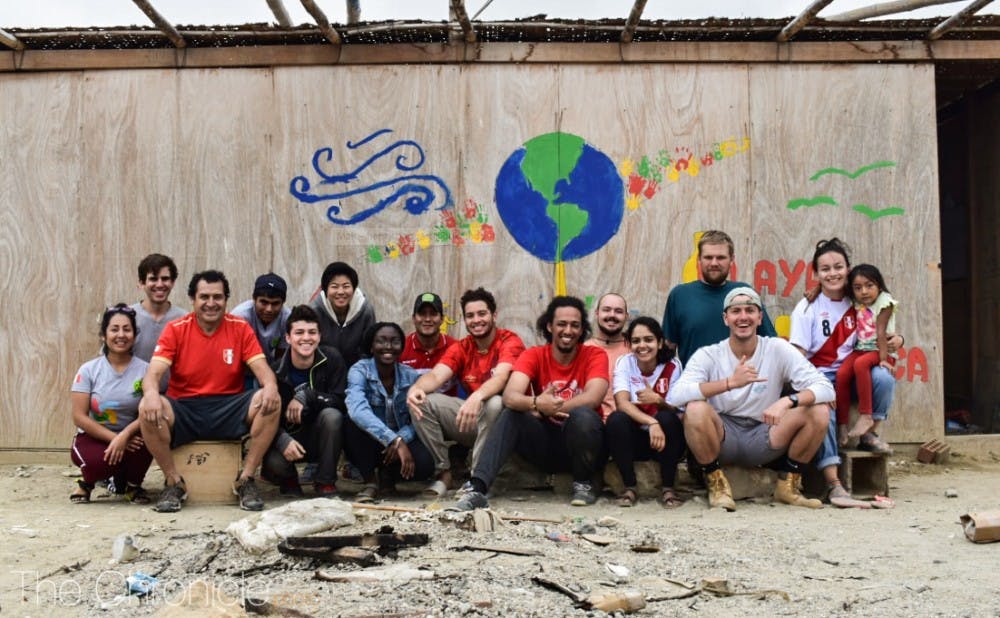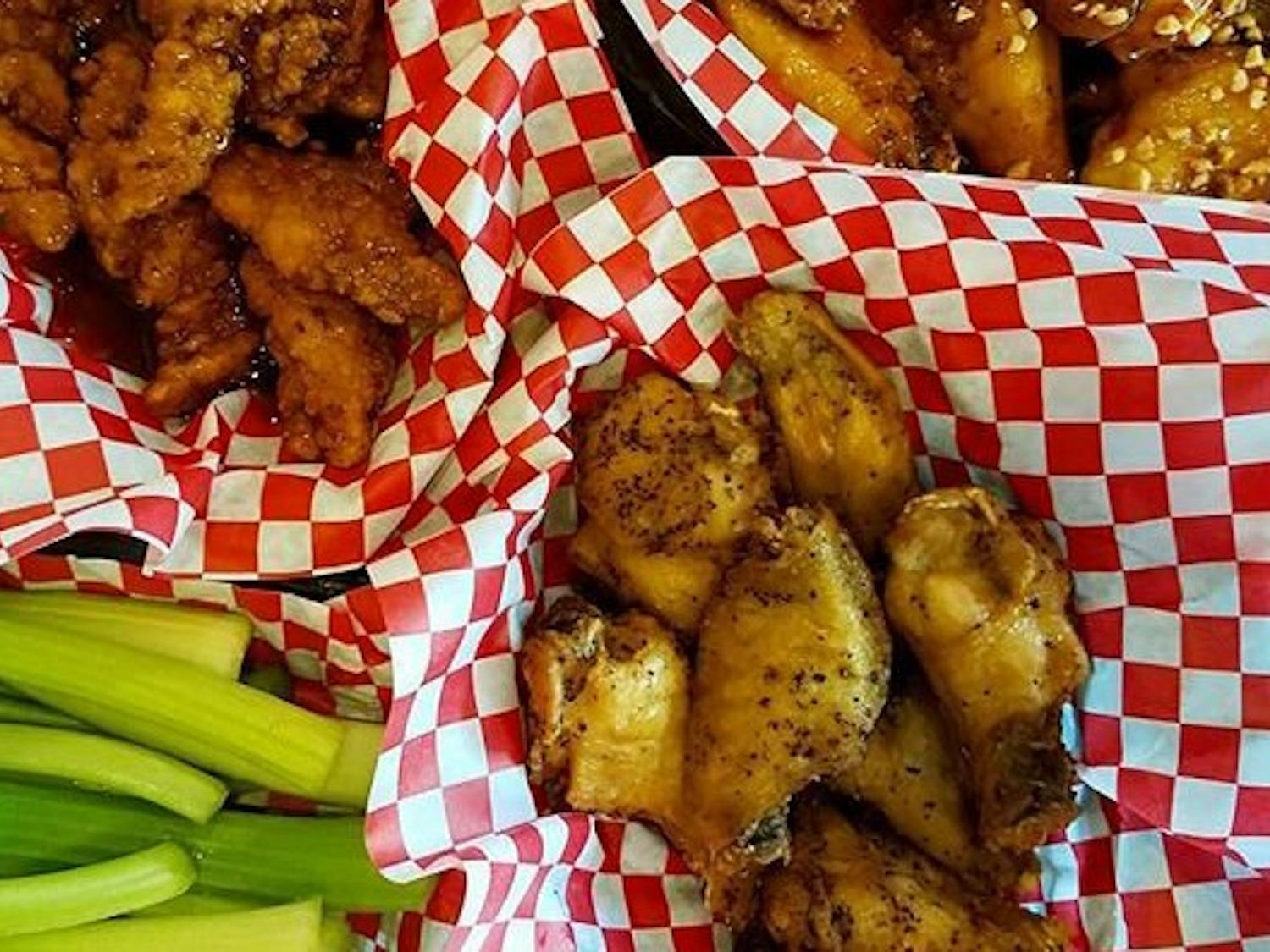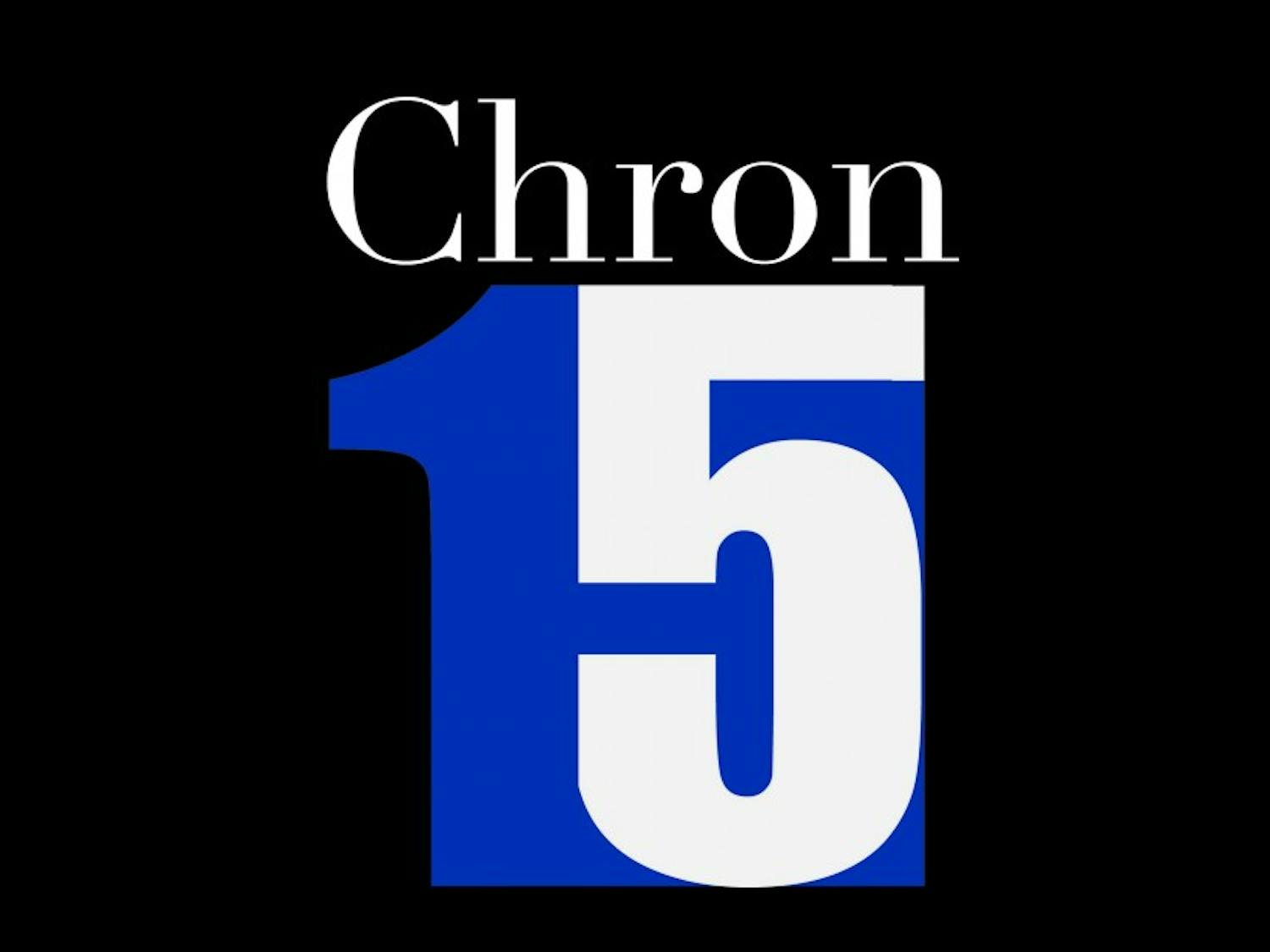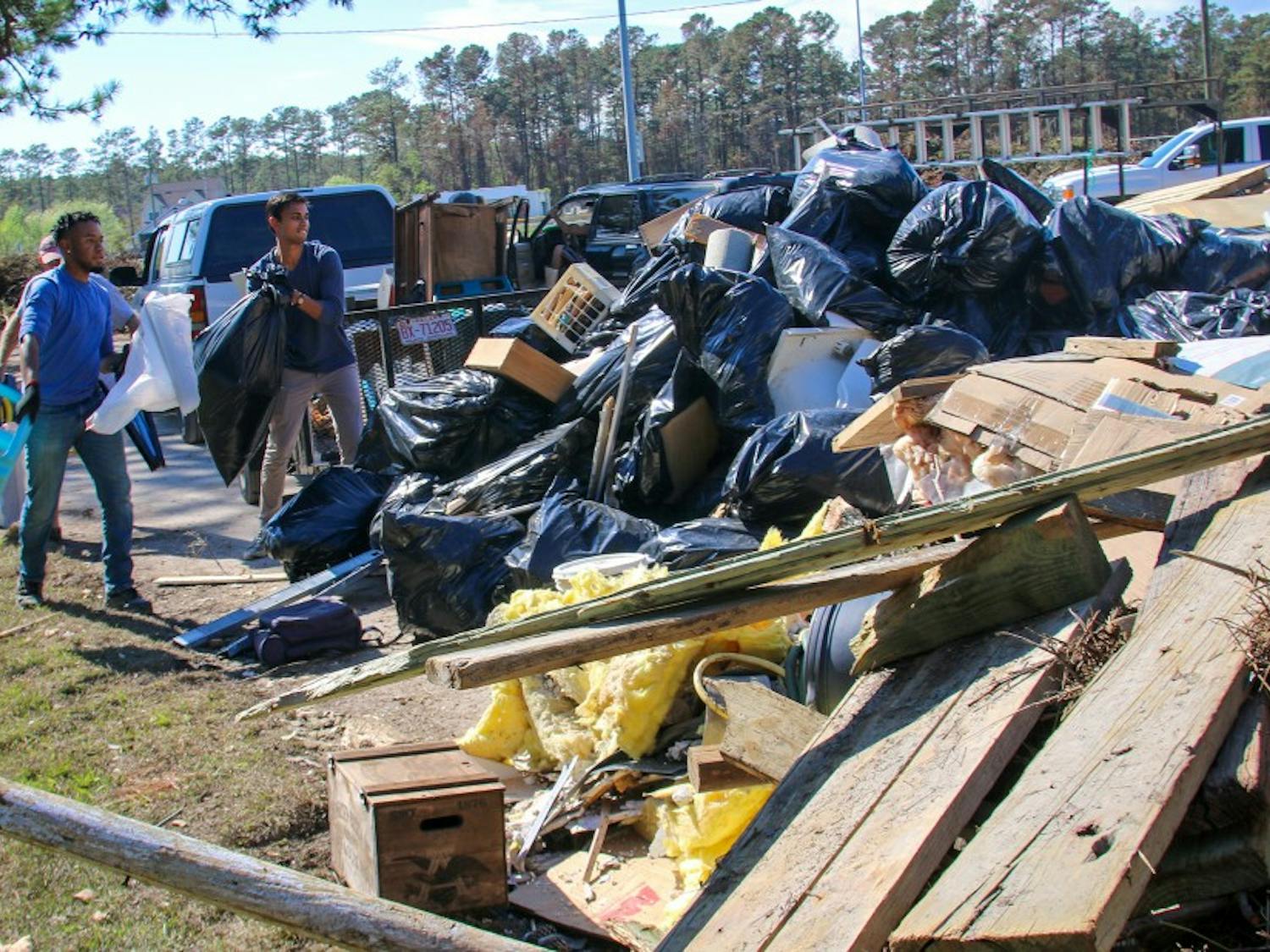There’s no serious pressure to do research, coursework, an internship or volunteer project. You haven’t even declared your major, and jobs and careers are a world away from East Campus. It's sophomore summer.
“We have two more summers before we start working, and then summer’s not a thing anymore,” sophomore Kemunto Okindo said.
These are some stories about how Duke sophomores spent their summer.
'Stumblin’ around the streets of Cusco'
Okindo built wind turbines on an Independent DukeEngage project with Windaid in Trujillo, Peru. On a long weekend, Okindo and her two friends took two planes, a bus and train to Cusco and Machu Picchu.
“I don’t know if it was stomach flu or food poisoning,” Okindo said. “I got to Cusco at 7 a.m. and threw up a bunch of times. I slept the whole day from 9 a.m. to 4 p.m. and missed exploring the city.”
Hussein Ali, another volunteer at Windaid, happened to be in Cusco at the same time. He knocked on their door and told Okindo that they were going to a market and that she should come for good bargains. Okindo said she wasn’t feeling well, but Hussein called her a baby and persuaded her to make the most of her only day in Cusco.
“‘I was stumblin’ around the streets of Cusco,” Okindo said.
Cusco is at 11,000 feet above sea level, which means being sick, tired and hungry all day made walking around a struggle. They got to the “huge open market that had everything: food, clothes, random electronics, counterfeit stuff,” and Hussein looked over at Okindo and said, “I probably shouldn’t have made her come out of the room.”
Hussein then piggybacked Okindo all the way back to the hotel and up the six flights of stairs to Okindo’s room.

'Got really sweaty, got a bit of a tan'
Sophomore Amory Williams spent his summer working at Shelby Bottoms Park at home in Nashville, helping maintain and build trails along the Cumberland River.
“I got really sweaty, got a bit of a tan, spent time with my brother’s big ol’ great dane Bernie, spent time with my siblings, connected with an old friend named Brooke from high school, fought with Mom once or twice and met a girl on Tinder named Amanda Raye whose head was shaved like mine,” Williams said. “We got along, hit it off, watched movies together, went to the adventure science center, very quickly got comfortable around one another, had a very nice time doing nothing.”
Raye came to visit Williams last weekend at Duke.
“We miss each other a lot,” Williams said.
'It’s okay to be at home'
Sophomore Ali Thursland, who writes for The Chronicle, went to Israel on Birthright and waitressed at The Cabana, a Mexican-American bar and restaurant at home in Long Beach, N.Y.
“I’m half Jewish and wasn’t raised Jewish, so I learned as I went,” she said.
Going to Israel also marked her first time out of the country. Birthright gives the option of extending the duration of the trip, but Thursland was unsure about traveling alone. On a night out in Haifa, she met a friend on the trip who also wanted to extend and didn’t have anyone to extend with. So, 12 hours before their original flight home, they got their trip extended and found an Airbnb together.

The two girls went on a food tour through Birthright, eating cereal for most meals in order to have money to eat at nice restaurants for dinner.
It was also her third summer working at The Cabana.
“It’s one of the most popular spots in Long Beach,” Thursland said. “It was really fun seeing my elementary school teachers blacked out every Saturday.”
She said that everyone should try waitressing at some point because it builds good people skills.
“I felt self-conscious at the beginning of summer, but I’ve learned that it’s okay not to have a really cool internship,” Thursland said. “It’s okay to be at home, make money and spend time with friends.”
'Burnt nuts smell horrible'
Every summer for the past five years, sophomore Erin Crumpler has spent three weeks working as a counselor at a kids’ tennis camp at home in Dallas.
“Working with kids can be very difficult, especially in 100 degree heat at nine in the morning,” Crumpler said. “They sometimes accidentally hit each other with rackets and they cry, and it becomes difficult.”
It’s hard keeping control of 14 children younger than 10 years old, she said.
She also worked at a cupcakery, painted a lot and took an online chemistry course to prepare for chemistry at Duke because the last time she took the subject was her sophomore year of high school.
“I like working when it’s not necessarily a lot of brain power, and you get to see your friends,” Crumpler said. “I frosted so many cupcakes. So many. And I got hella good at it.”
In her chemistry class, she found out that “fatty nuts are hard to light on fire” and “burnt nuts smell horrible in a closed room” during a calorimeter experiment. The experiment was conducted in the craft room with the door closed so the cats couldn’t get into dangerous chemicals.
'You wanna take a peek at this spine?'
Sophomore Rohin Maganti stayed on campus doing radiation oncology research for the summer. His project has continued into the school year and he studies a gene that is known as a radiation sensitizer—meaning that the gene could potentially make tumor cells more sensitive to radiation. This allows for lower radiation levels for treatment, and less healthy tissue death.
“It’s not going very well,” he said. “It’s hard to come in every day, including the weekends.”
Maganti also rock climbed at Wilson Gym a lot and volunteered at a pediatric bone marrow transplant ward.
“It was sad because kids are on super high levels of medication,” he said. “A kid was shaking all the time and kept holding my hand. His lip was quivering and didn’t say anything the entire time. The nurse said it was normal.”
He also saw spine surgery and was surprised at how relaxed the operation room was, with one of the surgeons saying, “Alright Rohin, you wanna take a peek at this spine?”
Maganti is a biomedical engineering premed student and said that his medical school mentor taught him to be more relaxed.
'Not just objects of society but subjects'
Sophomore Anwulika Okonjo described her summer at home in Lagos, Nigeria as a “very emotionally intense holiday.”
She worked with sexual assault survivors and also spent time on her research project about African feminism for the Duke Social Movements Lab. Her project started off as a documentary and is now developing an online platform for African women to tell their narratives.
“I was just in Nigeria, and women my age in Nigeria were coming forward about their experiences with sexual assault,” she said. “It was guys that I knew…. It hit very, very close to home.”
“Are you one of them?” her ex-boyfriend messaged at 3 in the morning. His friend’s sister was sexually assaulted, and Okonjo replied that she was not.
“This led to conversations with parents and other parents,” Okonjo said. “These were really big growing experiences, very tough conversations. Within a week, we formed an activist group called We Will Not Be Silenced.”
They quickly organized a march in Lagos of 300 people and worked to create safe spaces for victims. We Will Not Be Silenced partnered with African feminist groups and helped connect girls to psychologists.
“It’s cool seeing [movements like MeToo] happen in the West, but African stories are just as valid and just as prominent,” Okonjo said. “We are not just objects of society but subjects. We are very tuned in and sharing from this knowledge. African women have contributed so much to development…. Why do we never hear about this?”
'You’ll always end up right where you belong'
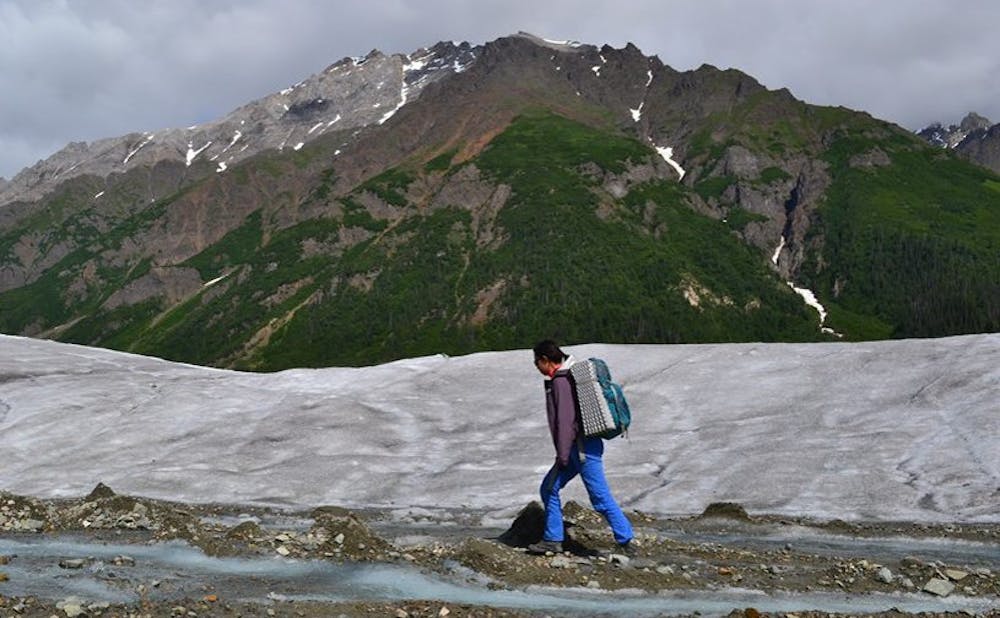
I spent my summer solo traveling in China and Alaska. When my Duke in Alaska biology course ended, I didn’t book a ticket out and ended up staying in Alaska until the end of July.
On the evening of July 8, I was sitting by the Chokosna Trading Post, thumb ready and backpack serving as a stool, waiting for a ride on McCarthy Road in Wrangell St. Elias National Park, Alaska. The dirt road sat still with not one car passing by.
Surrounded by mountains and armed with bear spray, I had one question on my mind: “How did I end up here?”
Nick, a guy I met climbing in Valdez, gave me a ride to Tonsina where the road into McCarthy starts, and I stuck my thumb out for the first time in my life. With dumb luck, an old beige-white Ford truck with a black stripe and two blue barrels for gas in the back stopped just as Nick pulled away.
The driver Jenny popped her door open and moved her dog to behind the seat. She told me to hop in and said that she could give me a ride to mile 30. Jenny is a wildlife firefighter and was on the way to see her dying father-in-law.
Jenny dropped me off at Chokosna Trading Post, leaving me her phone number and telling me that if I couldn’t get a ride, I could stay at her place for the night and catch a ride tomorrow.
Next, a red van stopped for me, and a mom came out to rearrange the groceries in the trunk to make space for my pack. She dropped me off at mile 50, where Matthew met me on his motorcycle. Within 30 minutes, I had made it to my host family’s beautiful lodge at mile 56.7.
On an empty Alaskan dirt road, sitting in complete silence at Chokosna Trading Post, I had this profound feeling that I was on my own, but never alone. I went to Alaska knowing zero people there, but I somehow made friends and always had someone there for me. I came with no plans or expectations and left with stories and adventures that I never could have imagined.
Sophomore summer was about personal growth to help us find our way on West Campus and into the professional world. As summer turns into fall, the carefree sophomore summer is replaced with the dreaded sophomore slump and the anxiety of choosing a major.
In the face of stress and uncertainty, I'll remember what Jenny told me: "You’ll always end up right where you belong."

